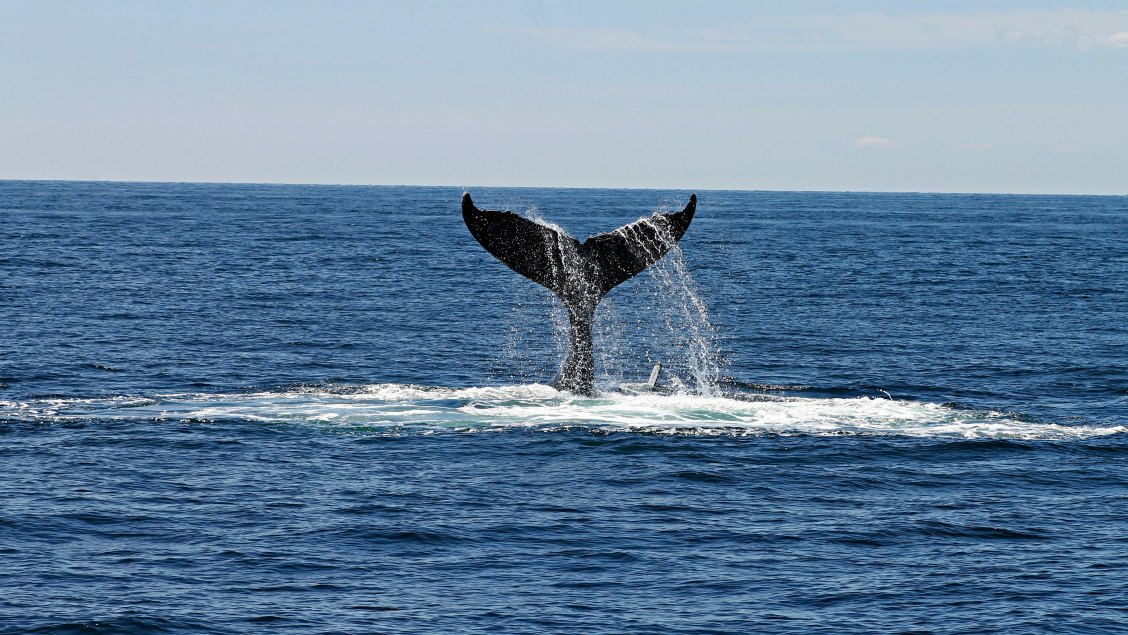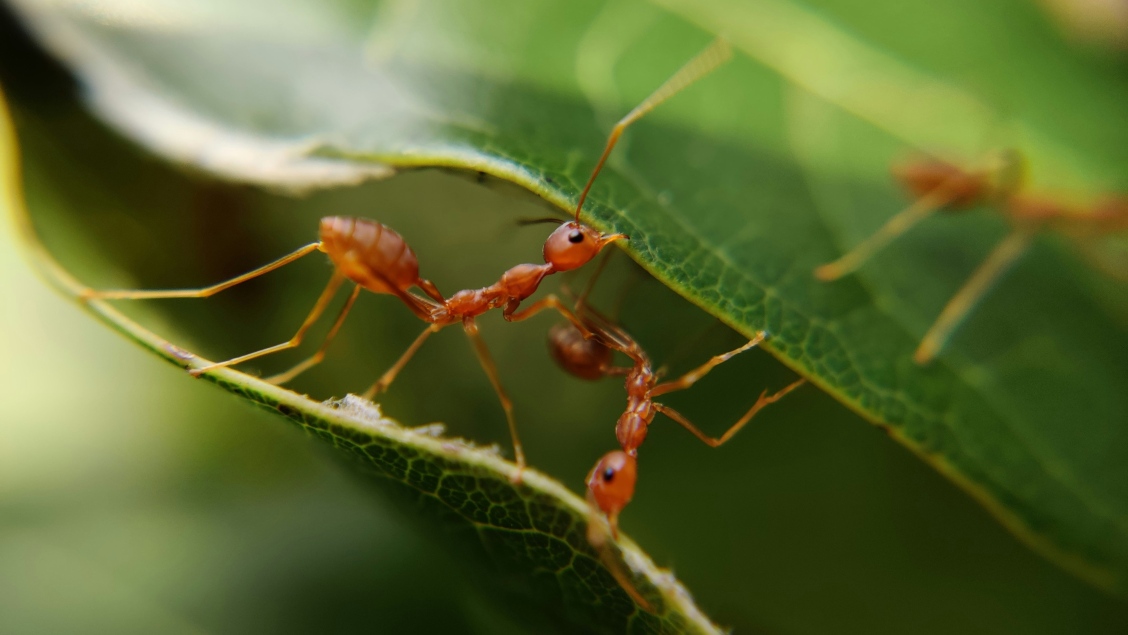
MDPI Articles Cited in the News – June 2025
This June, we see a variety of MDPI Open Access research cited across popular news outlets such as ABC News and The Guardian. Here, we feature studies on whale behavior, the impact of AI on critical thinking skills, how obsessive healthy eating can be detrimental to health, and an attempt at understanding animal empathy.
What’s at Play: Humpback Whale Interaction with Seaweed Is a Global Phenomenon
Cited by: ABC News
Recent observations revealed that Orca whales useseaweed as a tool to groom each other. Whales are highly intelligent mammals that display a variety of complex communications, interactions and feeding behaviours. These behaviours point to their high-level cognitive abilities. A study cited by ABC News and published in the Open Access Journal of Marine Science and Engineering in the describes how humpback whales have been seen interacting with seaweed along the east coast of Australia. The study observes how they have been spotted ‘kelping’ – a behaviour describing how they rub or roll against the seaweed.
The exact reasoning for this is unknown, but theories suggest that due to the seaweed’s anti-bacterial and bioactive features, it could be used for grooming purposes and wound healing, as whales can accumulate large amounts of parasites. Furthermore, the study suggests that whales may enjoy the pleasant sensation that seaweed brings on specific regions of their body, which are highly innervated, such as their tubercles.
From the analysis of whale-seaweed observations, the study states how the whales may also interact with the seaweed as a form of play. They have also been seen engaging with other sea items such as cargo netting, rope and even jellyfish as a form of recreation. This type of playing behaviour is typical and critical for whale development, where they can hone their motor, social and problem-solving skills.
AI Tools in Society: Impacts on Cognitive Offloading and the Future of Critical Thinking
Cited by: Forbes
Recent studies have revealed the effects of using AI on our cognitive abilities, including a prominent study published by researchers from MIT. This study found a reduction in cognitive activity using ChatGPT in participants during essay writing, compared to those who only used their brains to write the essay without the help of ChatGPT.
Along the same lines, a study published by the journal Societies presents the results of a quantitative analysis of the relationship between using AI tools and critical thinking skills. The researchers carried out a survey of participants across different age groups and found a significant negative correlation between AI tool usage and critical thinking abilities.
Worryingly, young people demonstrated higher dependency on using AI tools and lower critical thinking abilities.
Critical thinking is essential for the generation of original ideas, creativity, and personal development. This includes better decision making, better problem solving and self-reflection. It also shapes one’s perception and how one navigates life. Critical thinking allows people to understand their differences and preferences. It is a core cognitive ability which differentiates each person from the other, as we are able to form our own opinions about the world around us. Importantly, it allows us to have conversations, exchange and challenge ideas between one another.
The results of the study point to participants feeling like they are ‘losing their thinking ability’ when they use AI in excess. As AI usage is becoming increasingly integrated into modern technology, the study findings highlight the need to educate people on how to safely navigate AI tools, in particular ChatGPT, and the cost of its overuse.
Feature Paper
Orthorexia and Orthorexia Nervosa: A Comprehensive Examination of Prevalence, Risk Factors, Diagnosis, and Treatment
Cited by The Conversation
Orthorexia is a type of disordered eating pattern characterised by the extreme obsession with healthy eating and preoccupation with only consuming foods that are . Meanwhile, orthorexia nervosa is a severe form of the disorder, with the condition resulting in stress, anxiety, and depression due to the paranoia and extreme dietary restriction.
The disorders can be detrimental to the individual who is afflicted, often stopping them from carrying out normal daily and social activities. However, orthorexia is highly debated, and its diagnosis is controversial and remains an ongoing challenge for healthcare workers, clinicians and psychologists alike.
Understanding both orthorexia and orthorexia nervosa is critical, and their differences are critical for the diagnosis and treatment of the conditions. A feature paper published in the journal Nutrients provides an extensive overview of the two conditions along with their risk factors, diagnosis and subsequent treatment.
“It Almost Makes Her Human”: How Female Animal Guardians Construct Experiences of Cat and Dog Empathy
Cited by The Guardian
Humans have always wondered what goes on in the minds of their beloved pets. However, it is not easy to know exactly how animals think, even if we might think we do. Animal psychology is a fascinating area within animal studies which focuses on animal behaviour and how their minds work. The concept of animal empathy, in particular, is enlightening and demonstrates the surprising complexity of animal nature that’s often dismissed by humans.
A study published in Animals explores how cat and dog empathy are perceived differently by different people. The study included six participants, who were asked questions on how they understood their pets’ behaviours, and sensed empathy from their pets.
Animals can provide emotional support; however, study results showed significant differences in how the participants perceived their pets’ behaviours, emphasising the challenge in understanding animal thoughts and feelings.










